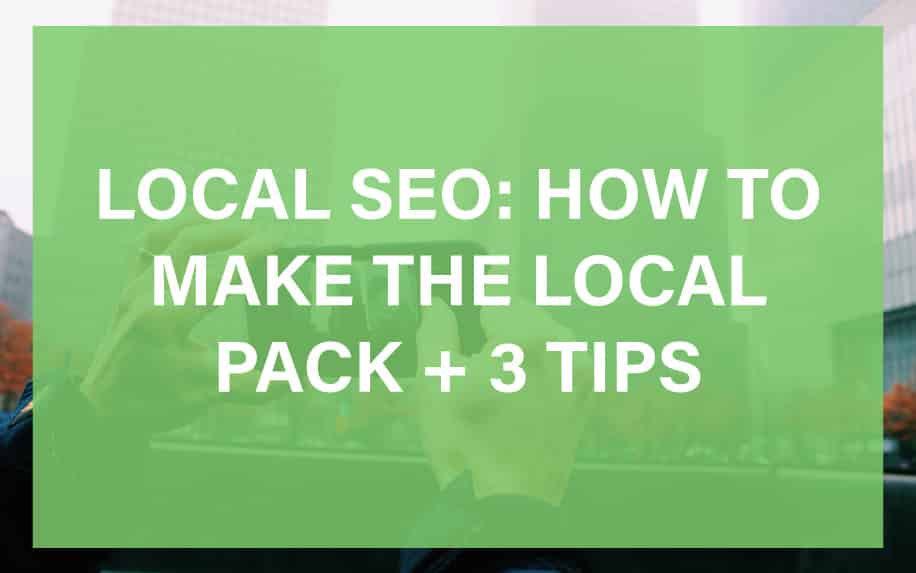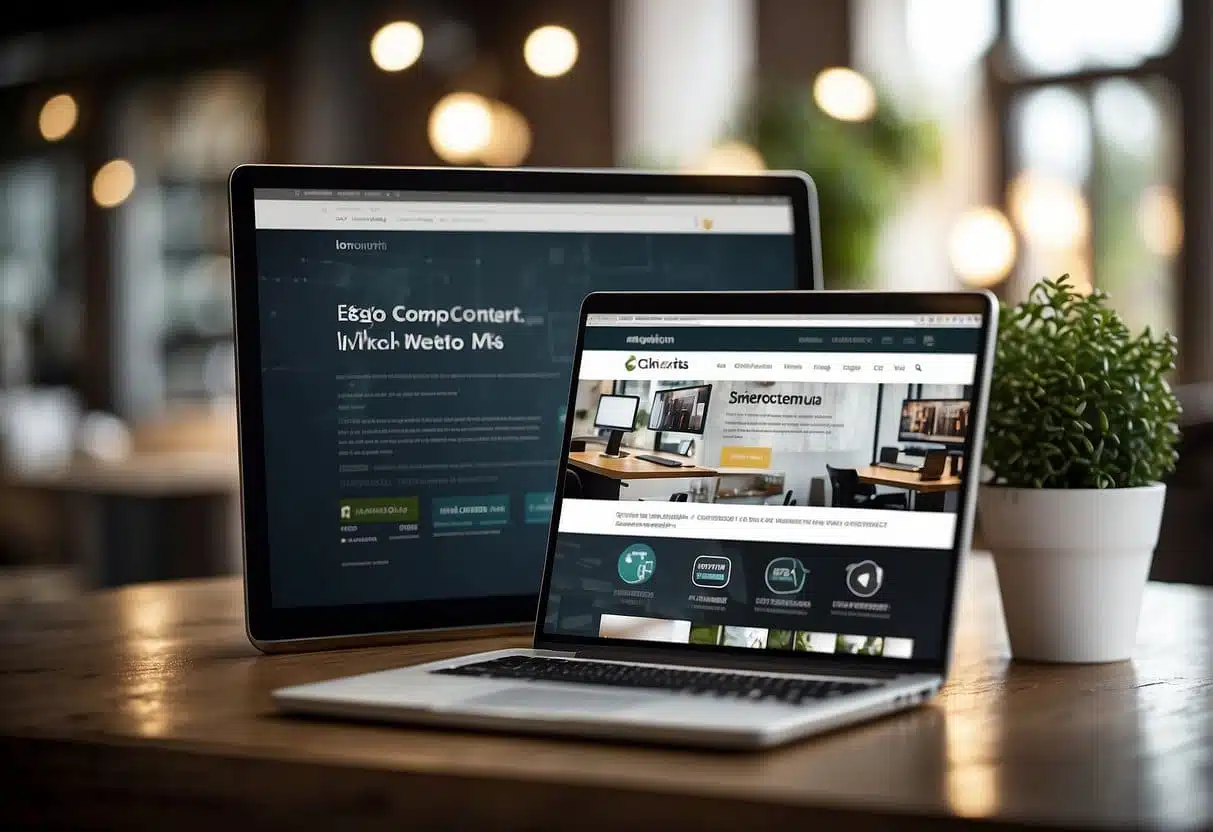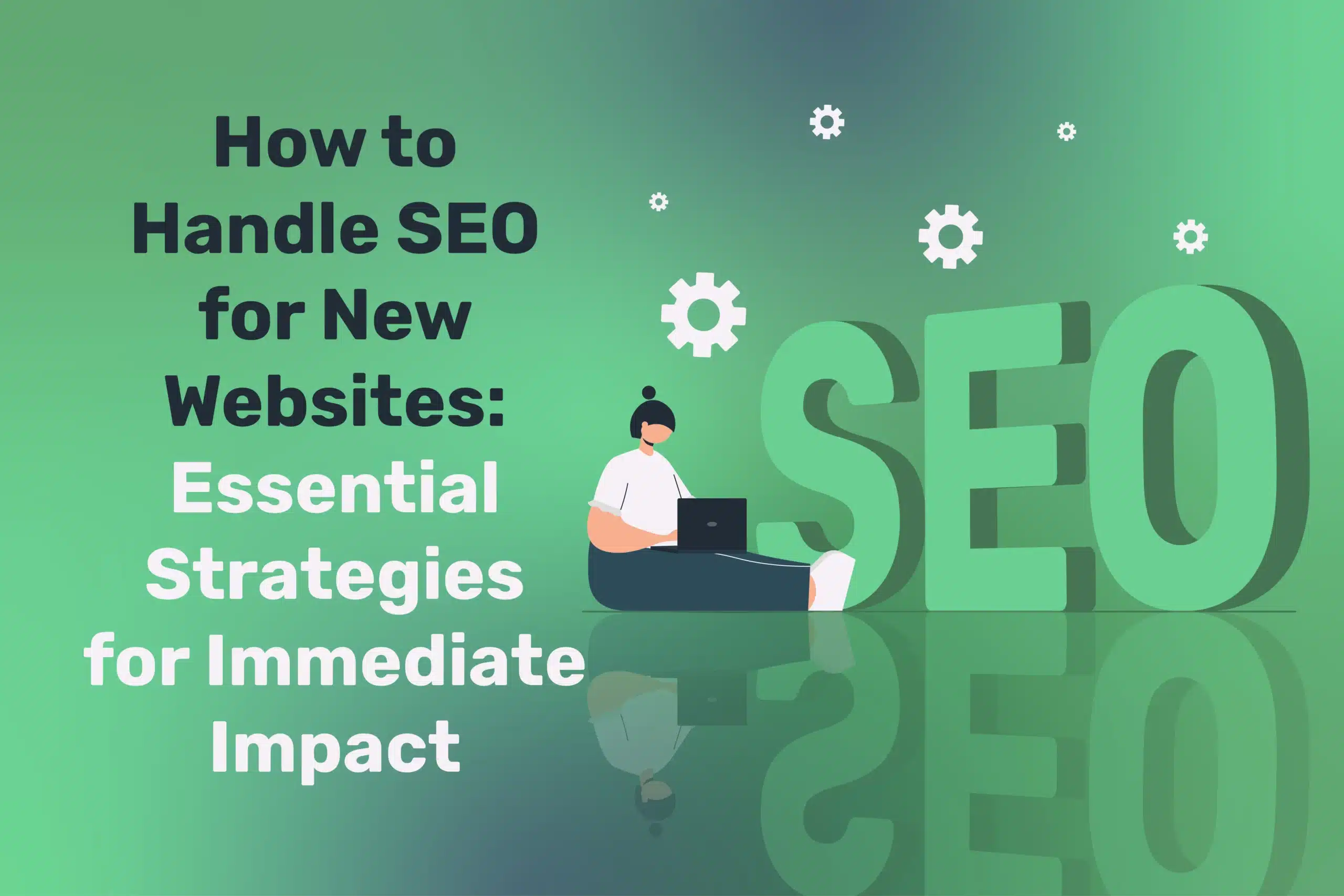
Zero-Click SERPs and Conversational Search: Mastering the Evolving Landscape of SEO
Table of Contents
Google’s results pages (SERPs) are not solely about generating website clicks. Increasingly, they deliver answers or services within the SERP, leading to zero-click SERPs searches—where users find what they need without leaving Google. Meanwhile, conversational interfaces, such as voice search or advanced chat-based queries, reduce clicks on organic listings. How can site owners adapt and gain value from these evolving user behaviours?
In this article, we’ll explore the phenomenon of zero-click SERPs—where your content might appear in an instant answer or snippet—and conversational search elements, from voice-based queries to typed “chat style” interactions. We’ll provide actionable tips to remain relevant, secure brand recognition, and encourage deeper engagement beyond the SERP answer. We’ll also consider unique survival strategies for local or travel industries when Google surfaces direct answers (like flight info and hotel listings) bypassing your site.
“Zero-click SERPs can feel like Google’s taking away traffic, but they can also highlight your brand if you structure content well. It’s about strategic partial answers that prompt deeper user visits,” says Ciaran Connolly, Director of ProfileTree.
Defining Zero-Click SERPs and Conversational Search
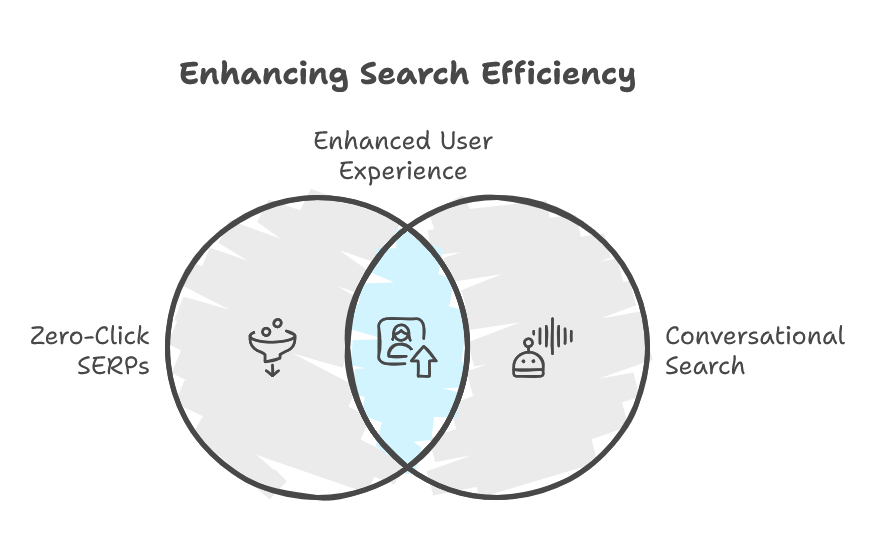
Zero-click SERPs occur when Google displays enough information on the results page to answer a query immediately—no click-through needed. Meanwhile, conversational search caters to voice and chat-style queries, offering quick responses pulled from featured snippets or knowledge graphs. Both trends are transforming how users engage with content, requiring site owners to rethink their SEO strategies.
Zero-Click Explained
A zero-click search is when a user’s query is answered within the SERP itself, via a snippet, knowledge panel, local pack, or other direct features. Hence, the user does not need to click on any external site. This trend started with definitions, weather, or time queries but now extends to how-to steps, sports scores, or quick calculations.
Conversational Search Emergence
Voice assistants and chat-based interfaces let users ask queries in a natural language style. They often show immediate answers, sometimes pulled from featured snippets or knowledge graphs, further cutting the need to open a page. The user might follow up with more questions in a chat flow.
The Combined Impact
Whether typed or spoken, queries producing an immediate answer reduce traditional organic CTR. This forces site owners to reconsider how they present information—are they purely providing short facts or deeper experiences that go beyond a snippet?
Examples of Zero-Click SERP Scenarios
Zero-click SERPs often present direct answers, brief snippets, or quick interactions that address users’ needs without requiring a click. Here are common scenarios where Google takes centre stage, delivering immediate information on the results page.
Knowledge Panels and Quick Boxes
A search for “Albert Einstein birthday” yields an immediate date. For brand names, a knowledge panel might show your logo, address, and social links—all in the SERP. Users might not visit your site for that basic information.
Featured Snippets
“How to tie a tie” might display bullet steps. The user sees the main instructions and skips the site. Meanwhile, your brand might be credited, but the user may not feel compelled to click for more detail—unless you’ve structured it to tease them with advanced or alternative ties.
Local Packs
Search “coffee shops near me” returns a map with top shops, addresses, and opening times. Many users call or navigate directly from there—no site visit. For local service businesses, your site traffic might decline, yet phone calls or footfall might rise if you rank in the local pack.
Negative Implications: Reduced Organic Clicks?
As zero-click SERPs become more common, many site owners face a noticeable dip in traffic. When Google provides an immediate answer, users often have no reason to click through to the original site. This leaves content creators and businesses questioning how to reclaim visibility and maintain their lead funnel in a world of instant answers.
Loss of Top-Funnel Traffic
If your site historically gained visits from short definitional queries, expect fewer visits. E.g., a dictionary site might see a sharp drop if Google shows definitions inline. Same for basic how-to queries. Monetisation reliant on page impressions may suffer.
Declining Page Engagement
Even if you rank #1, a prominent snippet or knowledge panel might overshadow your listing. The user’s eye might focus on the quick answer, reducing your brand exposure or hampering your lead funnel.
Local and Travel Disintermediation
Local or travel queries (flights, hotels, directions) might yield a Google-owned aggregator or direct booking suggestions, bypassing aggregator or OTA sites. This can be lethal if your site depends on referral income or ad revenue for such queries.
Positive Aspects of Zero-Click SERPs
Despite fewer clicks to your site, zero-click SERPs offer clear advantages. Your brand might gain credibility through featured snippets, earn more local calls or foot traffic, and still build awareness with on-the-spot answers. Recognising these benefits helps you pivot away from raw traffic metrics and focus on quality engagement.
Brand Credibility in Snippets
Your domain name is visible when Google quotes you as the snippet source. This can shape brand perception: you’re the “expert” who answered the question. Some users may later recall your domain or skip directly to your brand for deeper info.
Boost in Local Conversions
If you appear in the local 3-pack, even if they don’t click on your site, they might call you or get directions. The net result is an actual conversion (in-store visit) even without a site visit, which is beneficial for many local businesses.
Showcasing Unique Angles
If your snippet covers the basics, you can funnel users to advanced content. Possibly, the snippet solves the immediate question but leads the user to see, “Wait, they have more advanced tips.” This approach can yield a smaller but more qualified audience.
“While zero-click queries can hamper raw traffic, if you convert brand exposures or local calls, you still win. It’s about seeing the bigger conversion picture,” suggests Ciaran Connolly.
Tactics to Adapt and Still Draw Engagement
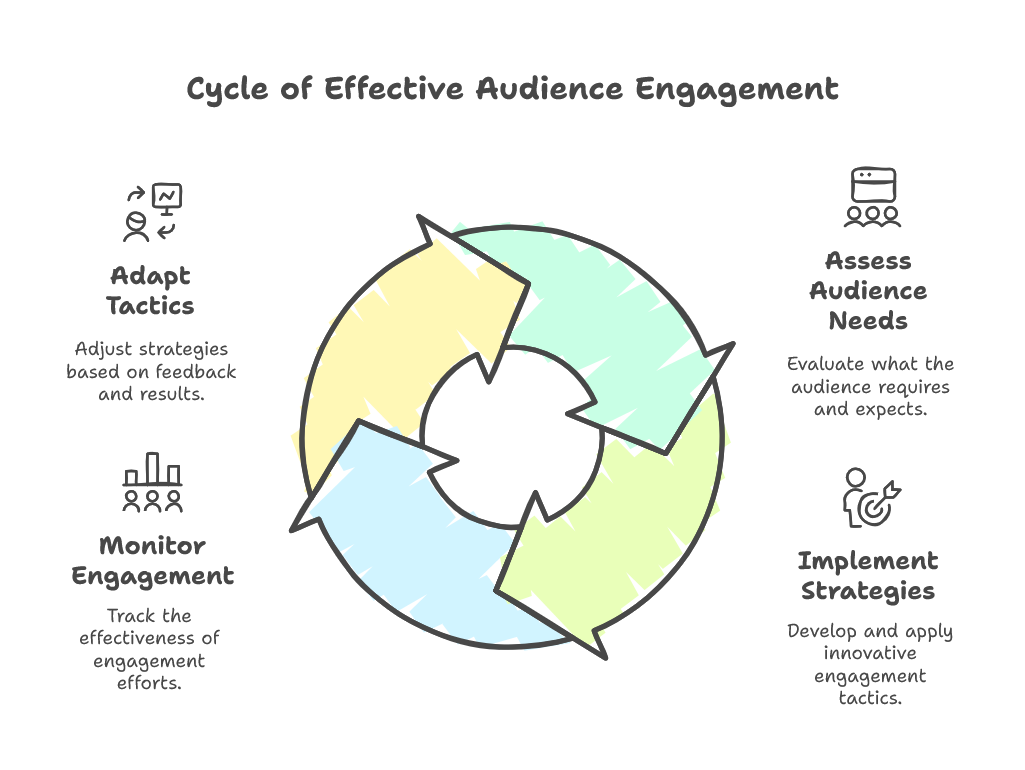
To remain relevant in the age of zero-click SERPs, site owners must adapt their content strategies. By providing partial answers, strengthening brand mentions, and expanding on related topics, you can draw users in even when they don’t click through. Here are key tactics to ensure your content continues to engage and convert.
Provide Partial Answers, Tease Depth
Craft your on-page content so that the snippet in the SERP doesn’t reveal the entire story. Summarise the steps or definition, but mention, “Next, advanced technique X can reduce time by 50%. See full guide.” This can nudge truly interested users to click for the advanced portion.
Strengthen Brand Mentions in Content
If the zero-click snippet cites your domain, ensure brand references are strong. A short brand mention near the snippet text can help users notice “This tip from [YourBrand]…” So even if they don’t click, your brand is associated with expertise.
Expand Content to Adjacent Queries
Once you satisfy that basic question, add subtopics or related queries. Google might see it as the best all-around resource. Also, users might arrive for “How to tie a tie,” then discover “How to iron a shirt properly”—linked from your page. This synergy can secure additional traffic.
Local SEO Finesse
For local businesses, refine your Google Business Profile with correct categories, high ratings, and frequent updates. That ensures you appear in local packs. You might see more calls or direction requests even if you see fewer site visits.
When SERP Answers Are Conversational: Voice and Chat
With the rise of voice search and chat-based queries, users are increasingly seeking answers through conversational interactions. This shift is changing how information is delivered and how businesses can engage users. In this section, we explore how voice and chat interfaces impact SERPs and offer strategies to stay relevant in these dynamic search environments.
Voice Answers
Users ask, “Hey Google, how many calories are in an avocado?” They get an immediate answer, possibly from a snippet. If you’re the snippet source, your domain might be stated verbally—“According to example.com…”. But no direct site click occurs.
Mitigation: Provide advanced or multi-step content so if the user needs deeper info (“avocado health benefits?”) your site remains the next step.
Chat-Style Follow-Ups
Users who use a search assistant (like Bard, ChatGPT plugins, or integrated SERP chat) might refine queries in a conversational flow. If your content addresses multiple angles or includes unique examples, the system might direct them to your domain for deeper references.
Opportunity: Structure your page for “One question, multiple sub-answers or expansions.”
6.3 Summaries in AI Panels
Similar to SGE, these chat-based SERPs summarise content. If your brand is recognized for thorough coverage, you stand a better chance of being the named source. The user might ask the AI: “Take me to that site.”
The Impact of Zero-Click on Local and Travel Sites
Zero-click SERPs are particularly influential for local and travel businesses, as Google’s direct answers can bypass traditional website visits. Whether it’s flight information, hotel bookings, or local business details, understanding the impact of zero-click results is crucial for adapting your strategies and maintaining visibility in a competitive landscape.
Google Travel Tools
When you search “Flights to Paris” or “Hotels in Belfast,” Google often shows a direct booking interface or flight aggregator. This bypasses OTAs or travel bloggers, who used to get traffic.
Response: Offer more profound, personal experiences, niche guides, or unique booking perks that Google’s aggregator can’t replicate.
Local Knowledge Panels
When searching “Dentist near me,” a knowledge panel might display your practice hours, reviews, and phone. If you have a competitive advantage (like weekend hours or advanced treatment), mention it so the user calls. Conversion: You secure an appointment even if they don’t click on your site. Measure phone calls or foot traffic as success metrics.
Building a Distinct Brand Experience
No one can replicate your unique narratives for travel or local queries—like personal trip diaries, local interviews, or specialized tips. That’s your edge. Let the SERP handle generic info while you offer custom maps, user-submitted stories, or immersive photo tours, compelling users to visit your site for more.
“Local and travel businesses can pivot by highlighting experience-based content, persuading visitors that your site offers unique depth beyond Google’s quick booking or location data,” says Ciaran Connolly.
Tools and Techniques to Spot Zero-Click Patterns
To effectively navigate the rise of zero-click SERPs, it’s essential to identify which keywords and queries are triggering these direct answers. By leveraging the right tools and techniques, you can monitor these patterns and adapt your SEO strategy to retain visibility, even when clicks are limited. Here’s how to spot and track zero-click trends.
Keyword Rank Tools with SERP Feature Detection
Tools like SEMrush or Ahrefs show if a query triggers a snippet, knowledge panel, local pack, or zero-click style. Identify which keywords are overshadowed by direct answers. Then, adopt partial-answer or advanced strategies.
Google Search Console CTR Analysis
A sudden dip in CTR for a query might indicate a new snippet or knowledge panel overshadowing your link. Investigate that SERP manually. You may need to refine your meta title or rework content to reclaim the snippet.
Observing Competitor Tactics
If a competitor consistently gets the featured snippet, see how they structure their headings and the clarity of their short paragraph or table. Emulate or surpass it—the “Snippet Bait” technique. But ensure you create unique, valuable content rather than just copying.
Future Projections: More Zero-Click, More Personalised SERPs
As Google continues to evolve, the future of search will see an increase in zero-click results and more personalised SERPs tailored to individual user preferences. Understanding these trends will help businesses anticipate changes in search behaviour and adapt their content strategies to maintain relevance and visibility in a more customised digital landscape.
Personalised Summaries
As Google refines user profiles, some zero-click or snippet answers might become user-specific, factoring search history or location. If you cater to a niche, being recognized as a top authority might yield repeated references in these personalized SERPs.
Multi-Step Interactions
We might see SERPs that let users refine queries in the search interface: “Show me price comparisons” or “Filter by brand.” Websites not integrated with structured data or advanced content might miss out. Adopting relevant schema or rich content ensures the SERP can surface your best data.
Deeper Integration with Voice Shopping
For e-commerce, voice queries—“Order me more dog food”—skip the site entirely if a user has a purchase history linked to a certain retailer. However, if your brand emerges as a recommended alternative (“Cheaper brand from example.com?”), you can gain new sales. This requires brand building and ensuring your product data is well integrated with shopping feeds.
Thriving Amid Zero-Click and Conversational SERPs
Zero-click SERPs and conversational interfaces reflect a modern search paradigm: immediate answers first, deeper site exploration second. While traditional traffic counts might drop, sites can still gain brand authority, conversions, or local visits if they strategise. By offering partial but helpful answers in SERPs, emphasising brand references, and providing more profound or unique content behind the snippet, you remain indispensable to users seeking more than a quick fix.
Yes, zero-click can be frustrating if you rely on top-funnel queries. But by evolving your content into deeper experiences, tailoring local or travel pages with personal touches, and carefully structuring snippet-ready text, you’ll adapt to a future where Google’s SERPs serve immediate answers—yet still route engaged users to the best sources for further insight. The result is an SEO approach that gracefully accommodates reduced clicks but capitalises on higher-quality user engagement and brand trust for the long haul.
Conclusion
Zero-click SERPs and conversational interfaces are here to stay, fundamentally reshaping how users discover information. Although straightforward queries may never turn into a site visit, you can still win by focusing on broader value. By offering partial but concise answers on the SERP and directing users to deeper, unique content, you can convert fleeting curiosity into lasting brand recognition.
For local and travel industries, leveraging Google’s local and travel features—while showcasing personal insights on your site—keeps you relevant. Ultimately, this shift underscores the importance of experience-led content, thoughtful snippet optimisation, and robust local SEO. The result is less emphasis on raw click volume and more on cultivating engaged, knowledgeable audiences who appreciate the expertise you share.



